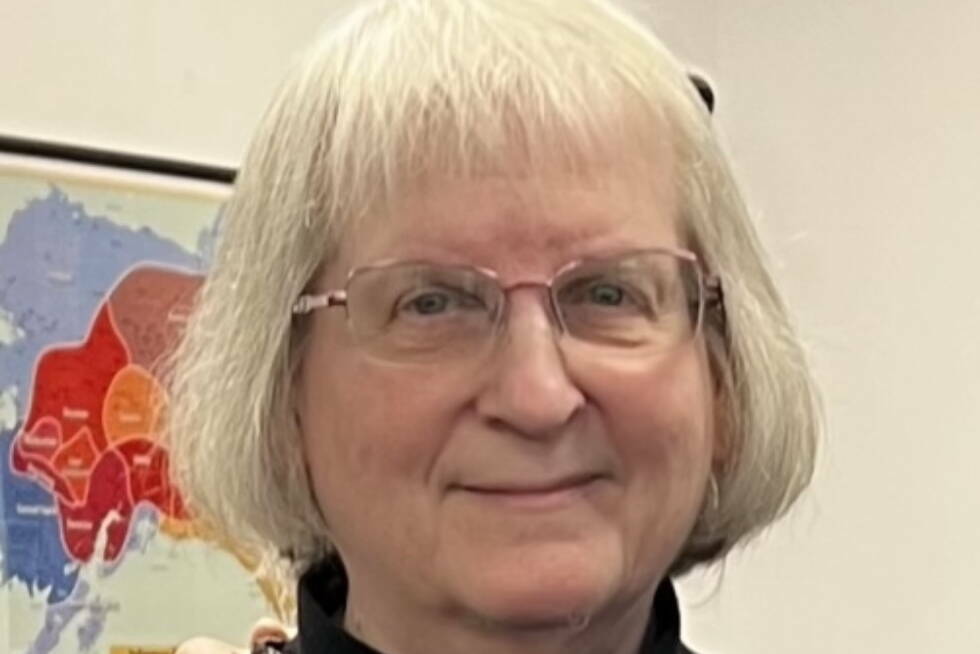My 57 glorious years with my beloved soul mate, Larry, created a deep sense of emotional security and stability. We truly belonged together. His loving, delightful, witty nature fostered a warm feeling of acceptance and belonging, especially at Christmas. His death four years ago, Christmas, brought an end to my secure sense of belonging and replaced it with feelings of disconnectedness.
I turned to my church, only to experience a greater emotional separation, which sent me on a quest for what it means to truly belong to the beloved community of Christ. I am not certain where I belong, but I am certain I belong to God. I know true belonging is what we carry in our hearts. I passionately carry in my heart the theology of belonging that all are unconditionally welcomed into the church through baptism, regardless of background or circumstances and are considered a vital part of the “body of Christ.” I believe in radical inclusion that focuses on social justice, and welcoming the “marginalized.” As a result, I do not always “fit in.”
Brené Brown in “Braving the Wilderness” says, “True belonging is the spiritual practice of believing in and belonging to yourself so deeply that you can share your most authentic self with the world and find sacredness in both being a part of something and standing alone in the wilderness…to brave the wilderness of uncertainty, vulnerability and criticism.”
Jesus was born for a higher purpose — belonging to God and his mission. He did not “fit in” with the social structures around him. I have decided to follow Christ’s example to be my most authentic self in the world, with all the uncertainty and vulnerability, rather than to conform to the norms of society to “fit in.”
“And she gave birth to her firstborn son, wrapped him in swaddling clothes, and laid him in a manger, because there was no room for them in the inn.” Luke 2:7
Jesus, in humility, was born into a world that had no room for him. He grew up living on the margins of a society that often misunderstood and excluded him. The shepherds were outcasts, yet the first to hear the Good News of Jesus’ birth. The news of his birth became a global event when it was spread to the wise men of the east, emphasizing that his birth was meant for all nations, peoples and identities.
“And the Word became flesh and dwelt among us.” John 1:14
The manger represents the moment God became flesh (incarnation), taking on human form as an infant signifying God’s love and desire to be in relationship with us. The purpose of Jesus’ life was to come to Earth as a humble baby and die on the cross to redeem humanity. The cross represents Jesus’ ultimate act of sacrifice for us (atonement). The manger and cross point to the same truth: Christ came to Earth to die for us, so that we could have eternal life and free us from the bonds of sin and death.
Between the manger and the cross Jesus taught the importance of compassion, love and forgiveness: that we all belong and are welcome in the beloved church community; where ALL are included, valued and unconditionally loved and embraced by God; where no one is excluded based on social norms. This makes space for radical inclusion and diversity.
The Good News of Christmas is that there is room for all to belong in God’s kingdom; where justice and peace prevail.
Mother Teresa said: “It is Christmas every time you let God love others through you; yes, it is Christmas every time you smile at your brother and offer him your hand.” No matter where you are and how the world treats you, may the message of Jesus’ birth embrace you, with his radical love, hope and sense of belonging, and may you share that same love with all in God’s beloved community this Christmas and always.
• Laura Rorem writes to honor her husband, Pastor Larry Rorem’s legacy of love, compassion and understanding for all humankind, especially the most vulnerable. “Living and Growing” is a weekly column written by different authors and submitted by local clergy and spiritual leaders. It appears every Saturday on the Juneau Empire’s Faith page.

